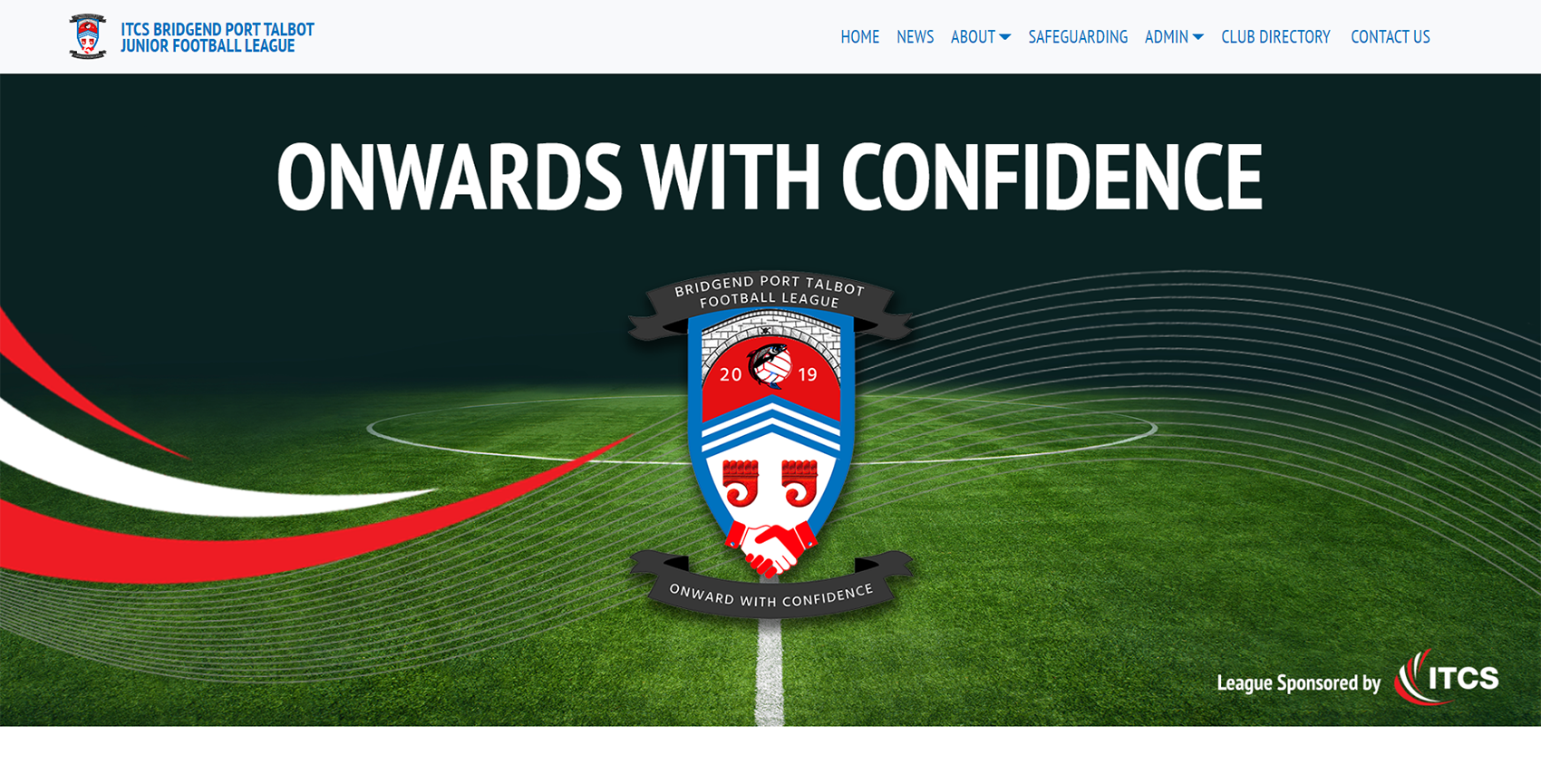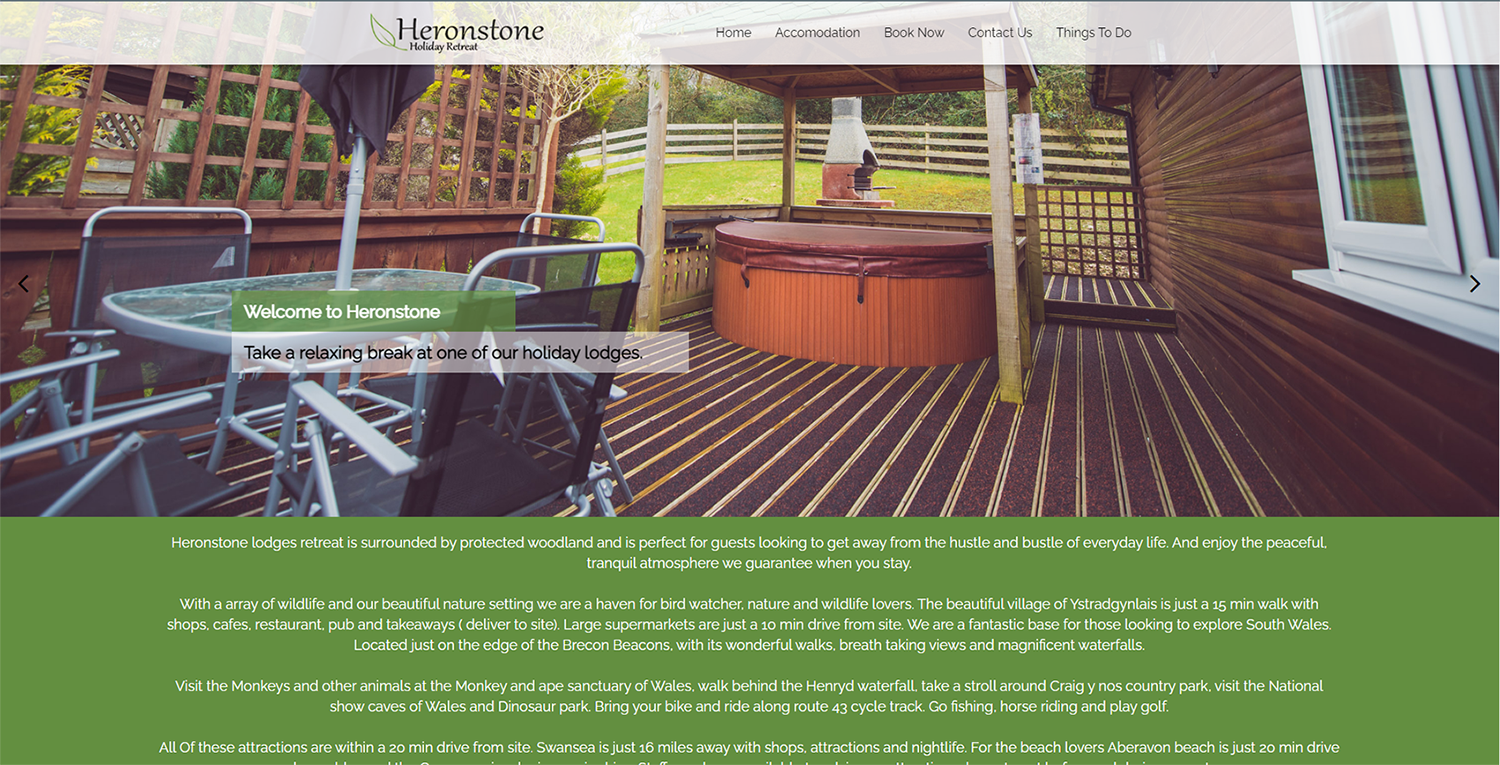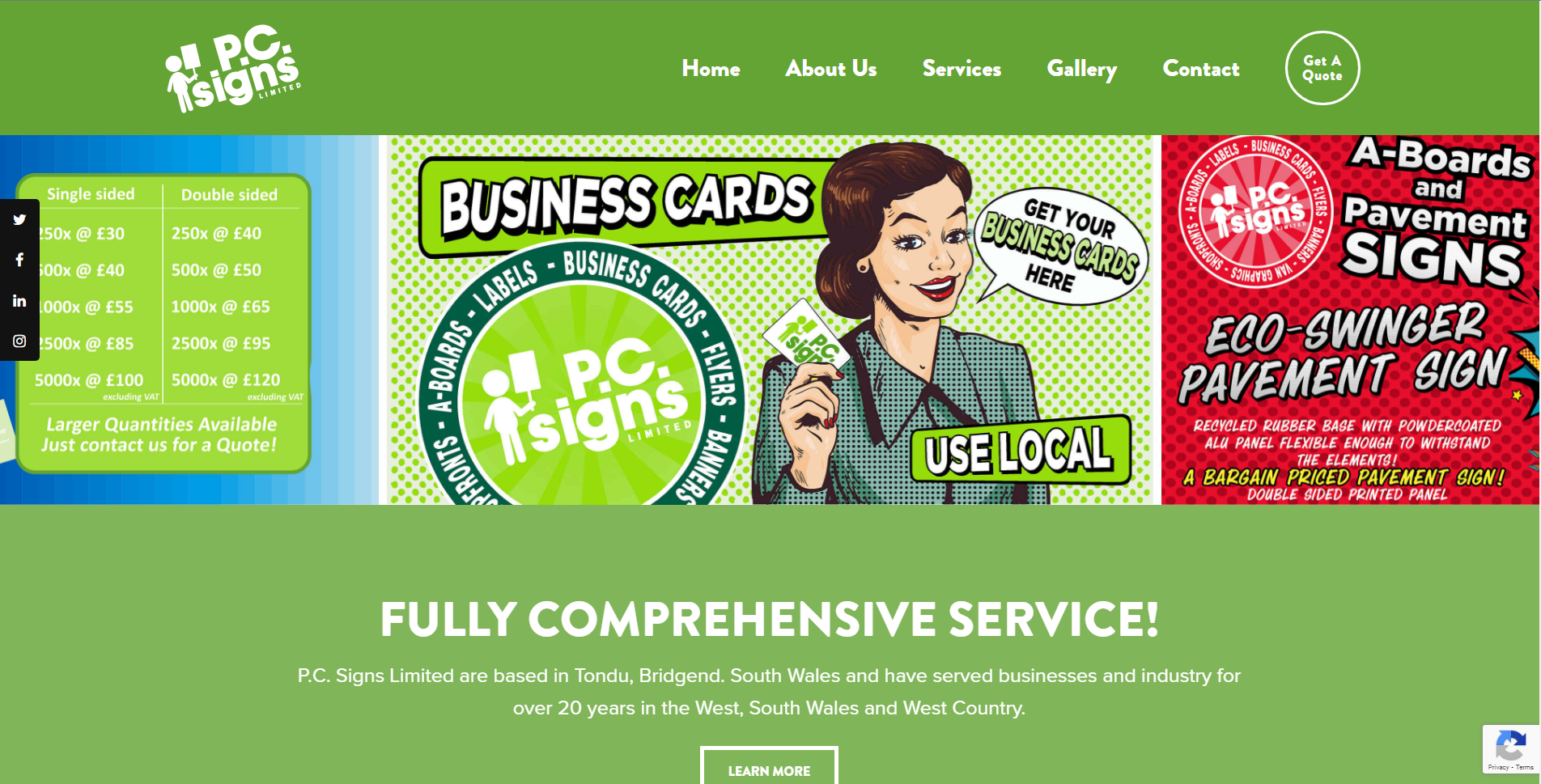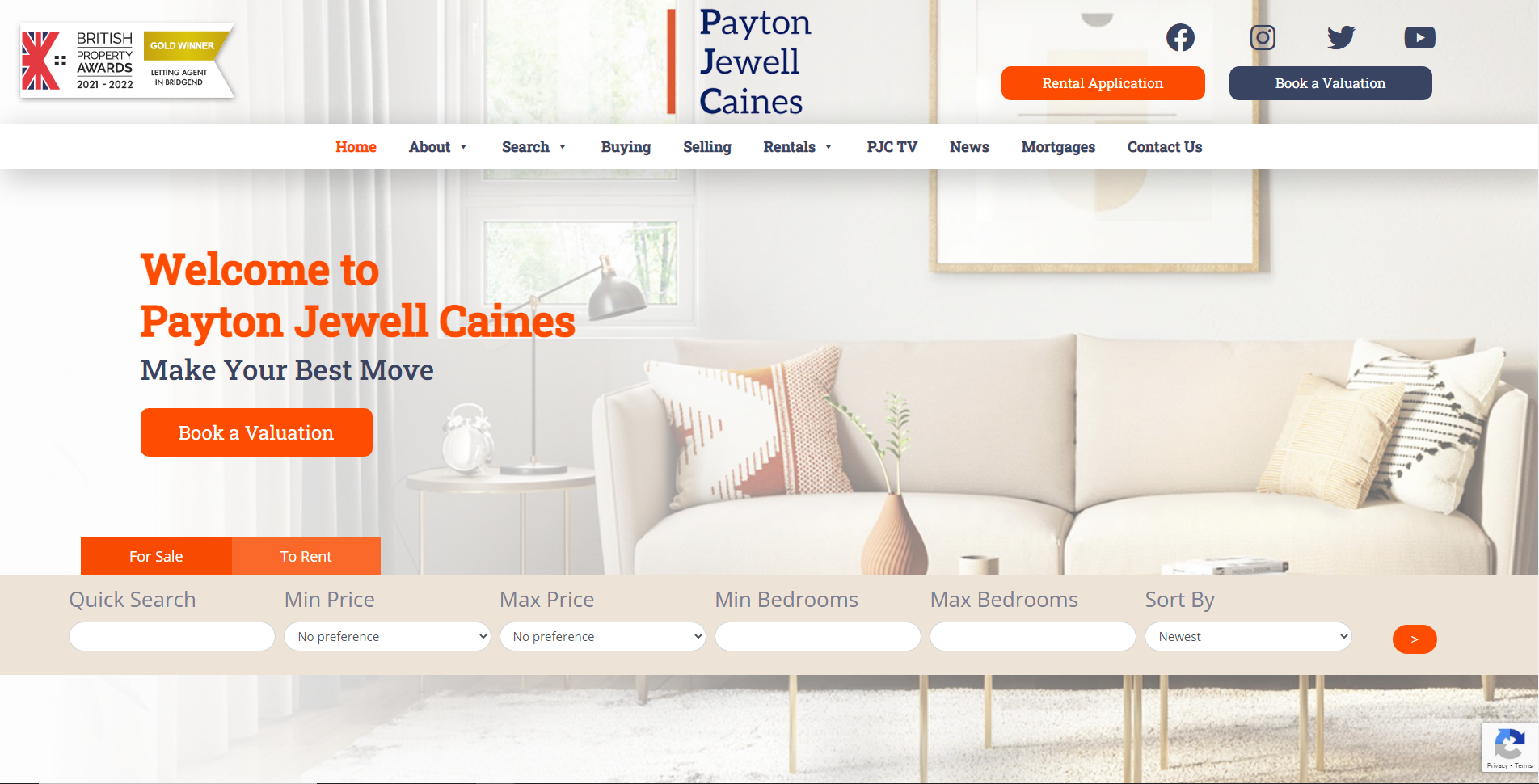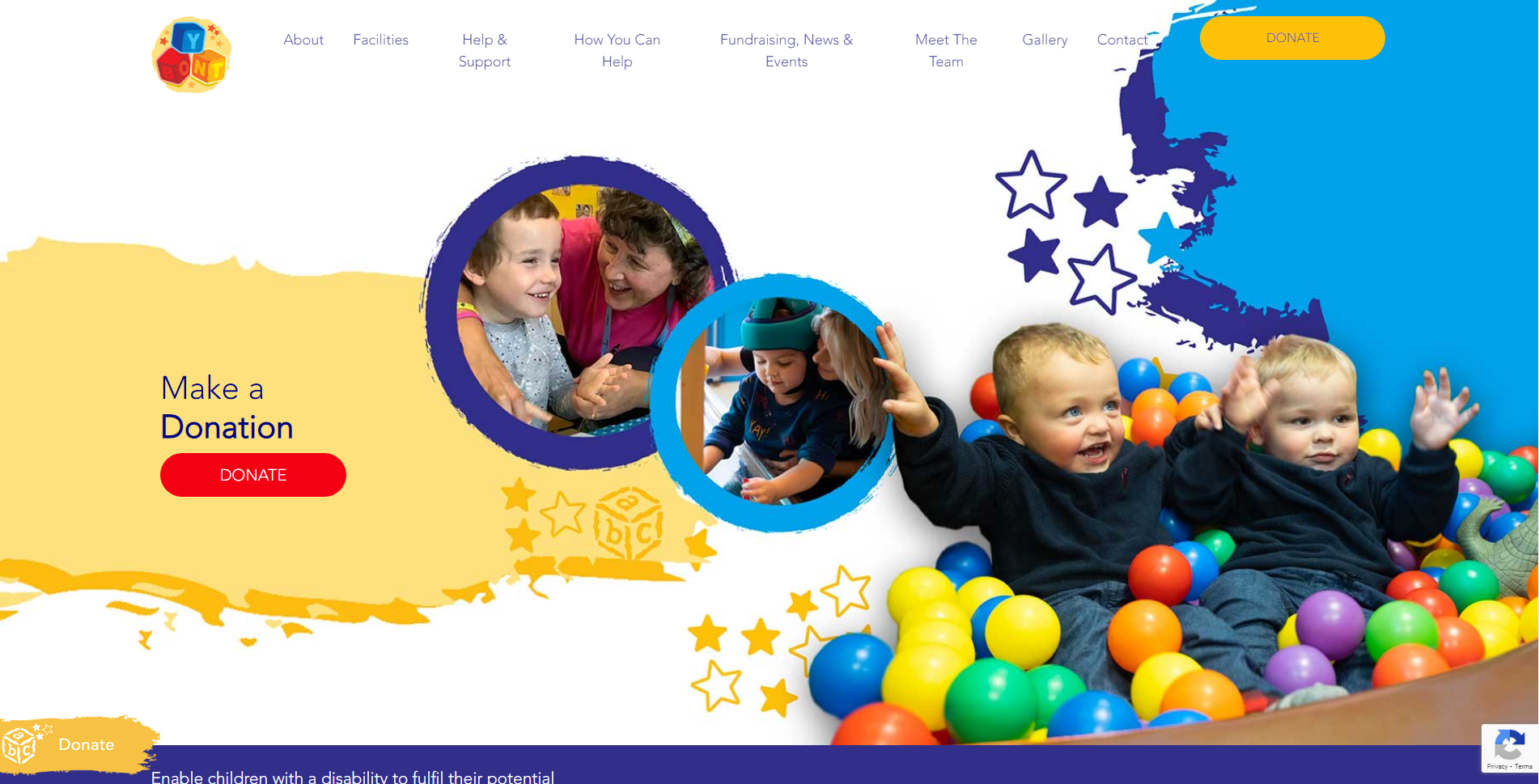Get In Touch
-
Write Us a Message
-
Request a Callback
-
Get a quote
THRIVE IN THE DIGITAL REALM.
As an established and award-winning IT solutions provider, our purpose is to supply an easy to use, unique, accountable, and responsive service that enables us to manage your IT systems efficiently.
At ITCS, we excel in delivering top-tier web development solutions that empower businesses to flourish in the digital domain. Our team of proficient developers, designers, and strategists collaborate seamlessly to craft dynamic, user-friendly, and aesthetically captivating websites that truly mesmerise audiences and turbocharge business growth. With our unparalleled expertise in web development, we are the driving force behind businesses establishing an online presence, captivating, and engaging customers.
Developing a good website involves several stages to ensure that the final product meets your objectives and user expectations. Here are some of the stages to website development:
- Define the website’s purpose, goals, and target audience.
- Conduct market research and competitor analysis.
- Create a project plan, including timelines, budgets, and resource allocation.
- Develop a content strategy outlining what information will be on the website.
- Collect detailed requirements, including specific features, functionalities, and design preferences.
- Create wireframes or prototypes to visualise the website’s layout and structure.
- Develop the website’s visual design, including colours, typography, and graphics.
- Ensure that the design is responsive, meaning it adapts to different screen sizes and devices (desktop, tablet, mobile).
- Write the website’s code based on the approved design and requirements.
- Set up the content management system (if applicable) and configure any necessary plugins or extensions.
- Ensure web development best practices, such as SEO-friendly URLs, fast loading times, and security measures, are implemented.
- Create or gather content, including text, images, videos, and other media.
- Integrate content into the website, ensuring it is well-organised and easy to navigate.
- Optimise content for search engines (SEO).
- Perform rigorous testing to identify and resolve any bugs or issues.
- Check cross-browser compatibility to ensure the website works correctly on various web browsers (e.g., Chrome, Firefox, Safari, Internet Explorer).
- Test the website’s responsiveness on different devices and screen sizes.
- Conduct usability testing to ensure a smooth user experience.
- Share the website with the client for review and feedback.
- Address any client concerns or requested changes.
- Obtain final approval from the client before moving to the next stage.
- Prepare the website for launch, including configuring server settings and domain name setup.
- Conduct one final round of testing on the production server.
- Launch the website to the public.
- Provide ongoing technical support and updates to ensure the website remains secure and functional.
- Regularly back up the website’s data.
- Address any emerging issues or changes in technology.
- Develop a digital marketing strategy to promote the website and attract visitors.
- Utilise online advertising, social media, email marketing, and other tactics to drive traffic.
- Implement website analytics tools (e.g., Google Analytics) to track visitor behaviour.
- Analyse data to measure the website’s performance and user engagement.
- Use insights to make informed decisions for further improvements.
These stages are not all necessary and may overlap in some cases.
Effective communication and collaboration among team members, including designers, developers, content creators, and stakeholders, are crucial throughout the website development process to ensure a successful outcome.
Siderise Ltd
 As a large business, we have huge demands on our IT system and ITCS has got it covered.
As a large business, we have huge demands on our IT system and ITCS has got it covered.
They are super professional, knowledgeable and more importantly, the customer service is exemplary.
Renault Dealership
 ITCS’s commitment to enhancing our online presence through meticulous SEO strategies has yielded remarkable results. Our website’s visibility and engagement have notably improved, leading to increased brand recognition and business growth. This success can be attributed to their in-depth knowledge of SEO intricacies and their proactive approach to adapting strategies to suit our evolving needs.
ITCS’s commitment to enhancing our online presence through meticulous SEO strategies has yielded remarkable results. Our website’s visibility and engagement have notably improved, leading to increased brand recognition and business growth. This success can be attributed to their in-depth knowledge of SEO intricacies and their proactive approach to adapting strategies to suit our evolving needs.
Bridgend Citizens Advice
 ITCS went above and beyond by offering insightful consultancy with regards to upgrading our hardware infrastructure and implementing robust disaster recovery plans. They provided invaluable guidance and implemented solutions such as a new UPS and disaster recovery solutions with both local and offsite data backups, ensuring our business is well-prepared for any unforeseen events.
ITCS went above and beyond by offering insightful consultancy with regards to upgrading our hardware infrastructure and implementing robust disaster recovery plans. They provided invaluable guidance and implemented solutions such as a new UPS and disaster recovery solutions with both local and offsite data backups, ensuring our business is well-prepared for any unforeseen events.
Sony Global Manufacturing
 ITCS deliver a prompt, quality service building and supplying test computers to our requested specifications. They understand our business needs and deliver an excellent service
ITCS deliver a prompt, quality service building and supplying test computers to our requested specifications. They understand our business needs and deliver an excellent service





 CLOSE
CLOSE

